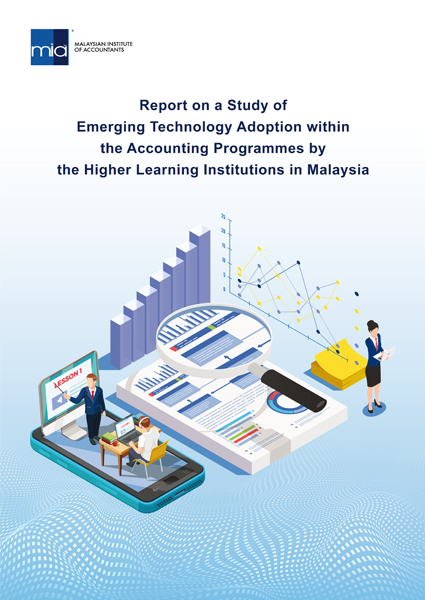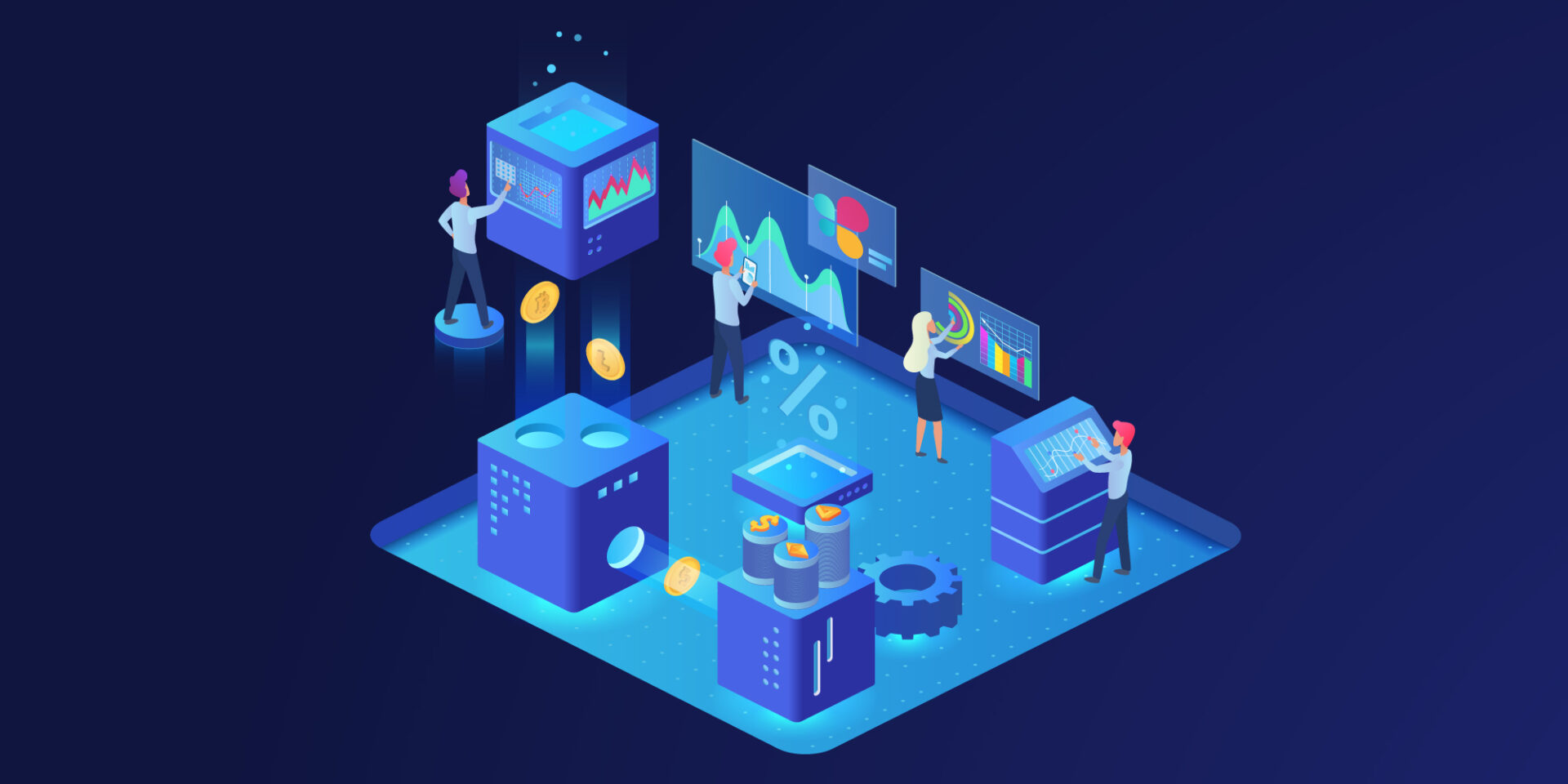As the world and the workplace become increasingly digitalised, it is essential that accountants be able to stay abreast of technological developments and adapt these for work. To ensure that the profession remains relevant now and in the future, it is critical to future-proof young accounting talents to ensure that they are adept and adaptable when it comes to managing in an ever-changing environment.
To achieve this, the Malaysian Institute of Accountants (MIA) continually advocates for the transformation of the accountancy education to enhance the relevance of accounting talents to employers and organisations. MIA’s latest initiative was to launch the Report of a Study on Emerging Technology Adoption within Accounting Programmes by Higher Learning Institutions in Malaysia (Report).
 Based on a study carried out by the Academicians Working Group (AWG) under the Digital Technology Implementation Committee of MIA, the Report addresses the future skillsets of accounting graduates in Malaysia and the incorporation of emerging technologies in the accounting programmes to ensure future relevance.
Based on a study carried out by the Academicians Working Group (AWG) under the Digital Technology Implementation Committee of MIA, the Report addresses the future skillsets of accounting graduates in Malaysia and the incorporation of emerging technologies in the accounting programmes to ensure future relevance.
The Report recommends that the future skillset of the accounting graduates in Malaysia should be based on the three proficiency levels as set out in the MIA Competency Framework. The MIA Competency Framework is a key tool in future-proofing accounting talents that illustrates the benchmark required for the three proficiency levels for accountancy professionals in line with the International Education Standards (IES). Accordingly, the Framework has identified the future skillsets that young accountancy talents are advised to acquire, which include:
- Training on technical knowledge
- Critical thinking, problem solving, decision-making and the ability to exercise professional judgement
- Literacy and leadership skills in digital transformation, ESG (environmental, social and governance), climate change and business sustainability
- Agility and adaptability, in order to be able to perform different roles in an evolving and highly volatile landscape.
Meanwhile, the emerging technologies recommended for incorporation into accounting programmes are:
- Artificial intelligence
- Data science/Data analytics
- Cybersecurity
- Cloud computing
- Blockchain
The Report further analyses the approaches to incorporate the emerging technologies into the accounting programmes as well as the delivery of those topics including who best to deliver them. It also calls for a collaborative effort involving key stakeholders as well as taking into consideration the challenges on technology infrastructure and funding.
National Accounting Educators’ Convention 2021
The Report was launched at the recent National Accounting Educators’ Convention 2021 (NAEC 2021), a flagship MIA event that is specially geared to upskill one of the profession’s most important categories: academicians, specifically accounting educators who are entrusted with developing the nation’s accountancy talent.
With the theme of “Nurturing Future Ready Accounting Educators”, the NAEC 2021 identified the COVID-19 pandemic’s impact, digital technologies, and the increasing emphasis on environmental, social and governance (ESG) factors and sustainability matters, especially climate change, as key disruptive factors that accountancy educators must be aware of to support the development and future-relevance of young accounting students and graduates.
To strengthen their awareness and readiness for change, “MIA is prioritising the importance of equipping accounting educators to become future-ready and relevant for the digital economy and society,” stated YBhg Tan Sri Abdul Samad Haji Alias, Chairman – Education Board, MIA in his NAEC 2021 address.
Over the past years, MIA has delivered numerous initiatives such as the NAEC, Train the Trainer workshops in collaboration with professional accountancy organisations, facilitated digital adoption and pedagogical innovation, and provided opportunities for accountancy research through MIA’s collaboration with the Malaysian Accountancy Research and Education Foundation (MAREF) that have benefited academicians. “MIA is providing the tools and resources that can support transformation, so that accountancy educators can be more agile, adaptable and resilient in navigating the new normal,” said Tan Sri Abdul Samad.
“Failure or reluctance to change, especially in this new environment that is digitally driven and ESG-conscious, will be catastrophic,” he warned. However, even as accountancy education is transformed and the digital economy and IR4.0 (Industrial Revolution 4.0) usher in new and expanded roles for accountants, accounting professionals are reminded to always uphold the profession’s values of accountability, integrity and trust in the public interest.
Click here to download the Report.







